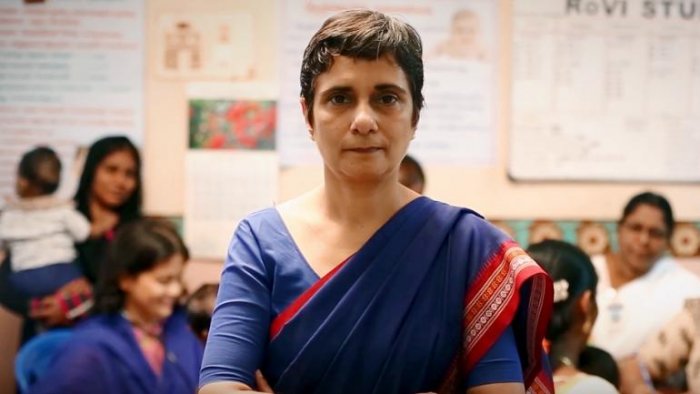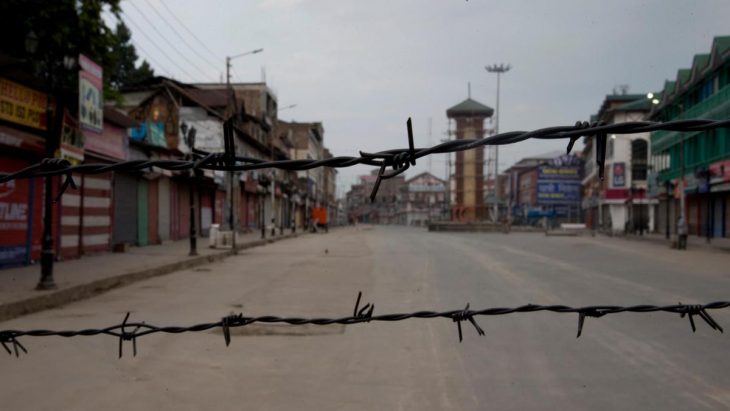Gagandeep Kang, a seasoned Indian biologist and a professor at Christian Medical College, Vellore has become the first Indian woman scientist to be elected as the Fellow of the Royal Society (FRS).
Kang played instrumental role in developing two indigenous vaccines against rotavirus and typhoid.
“Out of 1,600 odd living Fellows (of the Royal Societies), only 133 have been women.
Although founded in 1660, no woman became FRS till 1945. Such are the odds for a woman to become FRS. So we feel particularly proud that Kang became an FRS this year.
This would be a great inspiration for our young women scientists,” R A Mashelkar, former director general of Council of Scientific and Industrial Research and an FRS himself, told DH.
The 57-year-old researcher is on a sabbatical from CMC to serve as the executive director of the Translational Health Sciences and Research Institute, Faridabad. She is a past winner of the Infosys Science Foundation prize too.
Kang was one of the leaders in the three-decades-old rotavirus vaccine (that prevents lakhs of diarrhoeal deaths among children) project. Launched commercially last year, the vaccine would be a part of the universal immunisation programme for the entire country next year.
The typhoid vaccine, however, may require some more time to come to the Indian market as it is not yet recommended for the population. Her team is currently working out the disease burden, which appears to be higher than the previous estimates.
“She and her collaborators built national rotavirus and typhoid surveillance networks. They established laboratories to support vaccine trials and conducted clinical trials of two WHO pre-qualified vaccines, made by two Indian companies.
As the first woman Fellow of the Royal Society working in India, she is a trail-blazer,” commented K Vijayraghavan, Principal Scientific Advisor to the Government.
Asked to comment on the recognition, Kang said it was also an acknowledgement of the high-quality research being carried out in Indian laboratories.
“We don’t see many women scientists around and very few in the leadership role. Its not because women are less capable but because the system (science establishment) doesn’t provide the necessary support in terms of flexible working hours or shifting of jobs.
The Department of Science and Technology and the Department of Biotechnology had launched programme in the past to support researchers but the scale of such schemes needs to be expanded if 50% of the positions are to be filled up by women researchers. We can’t wait for black swans to become the norm,” she added.









